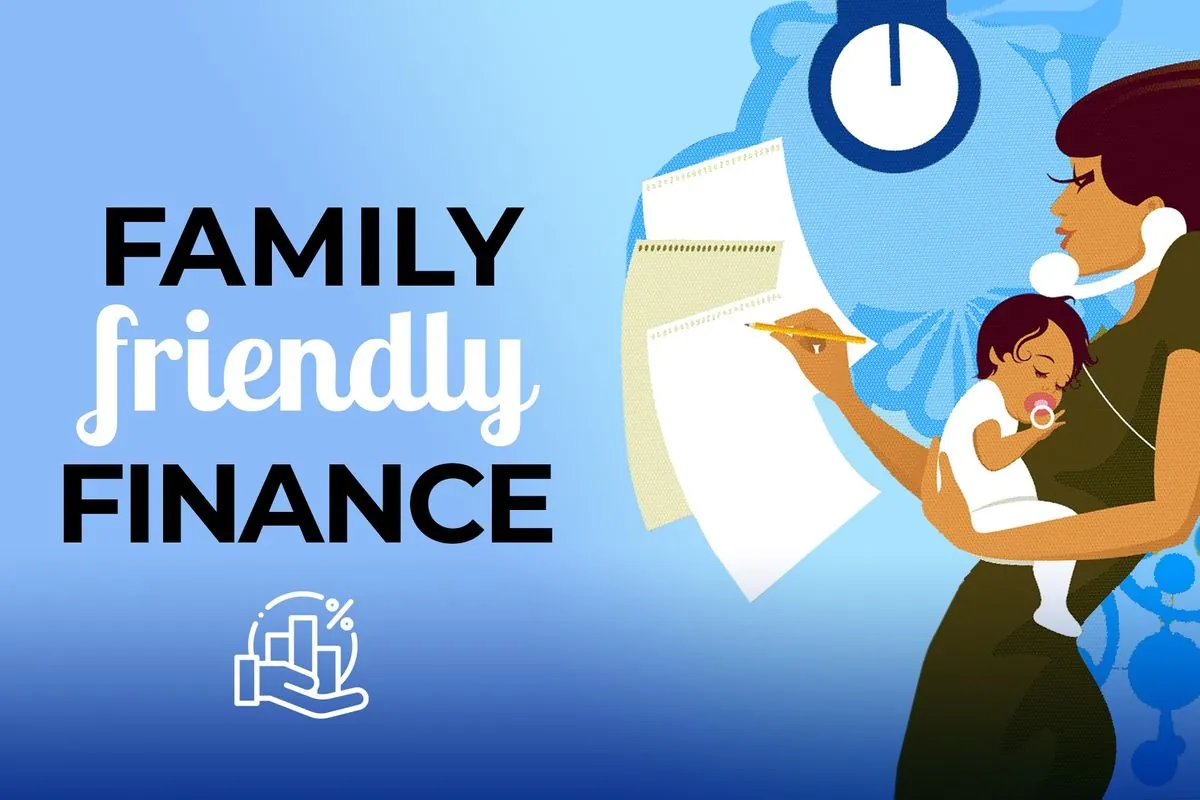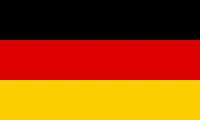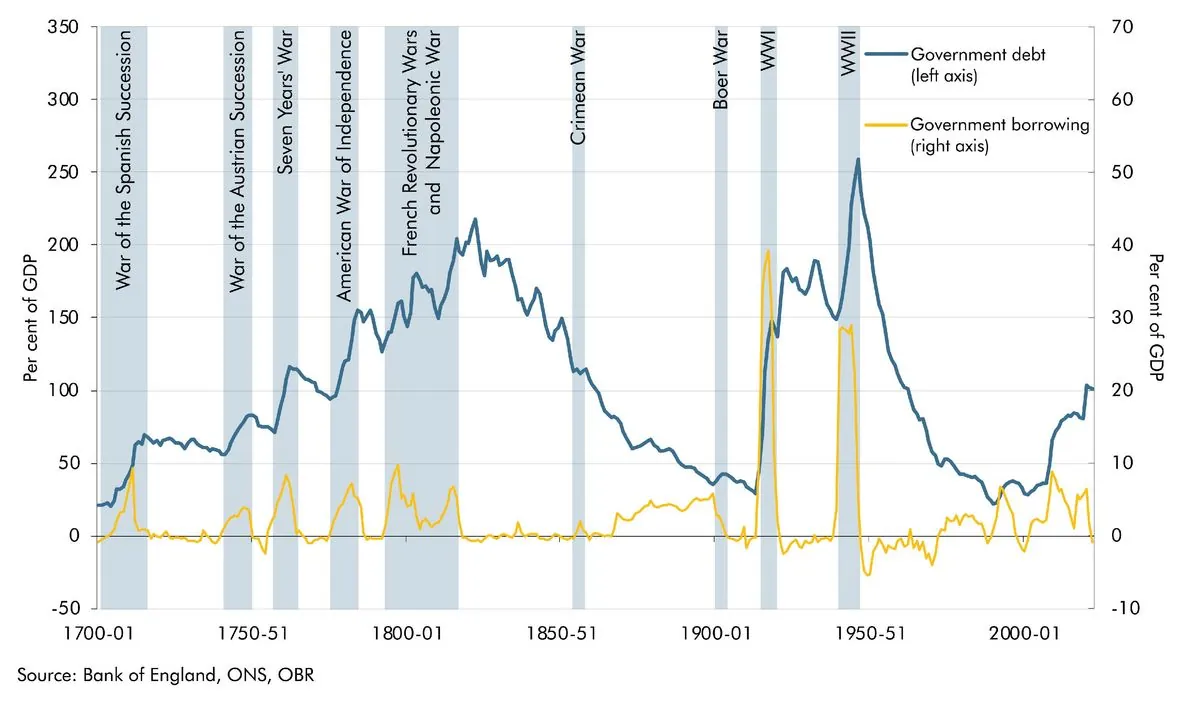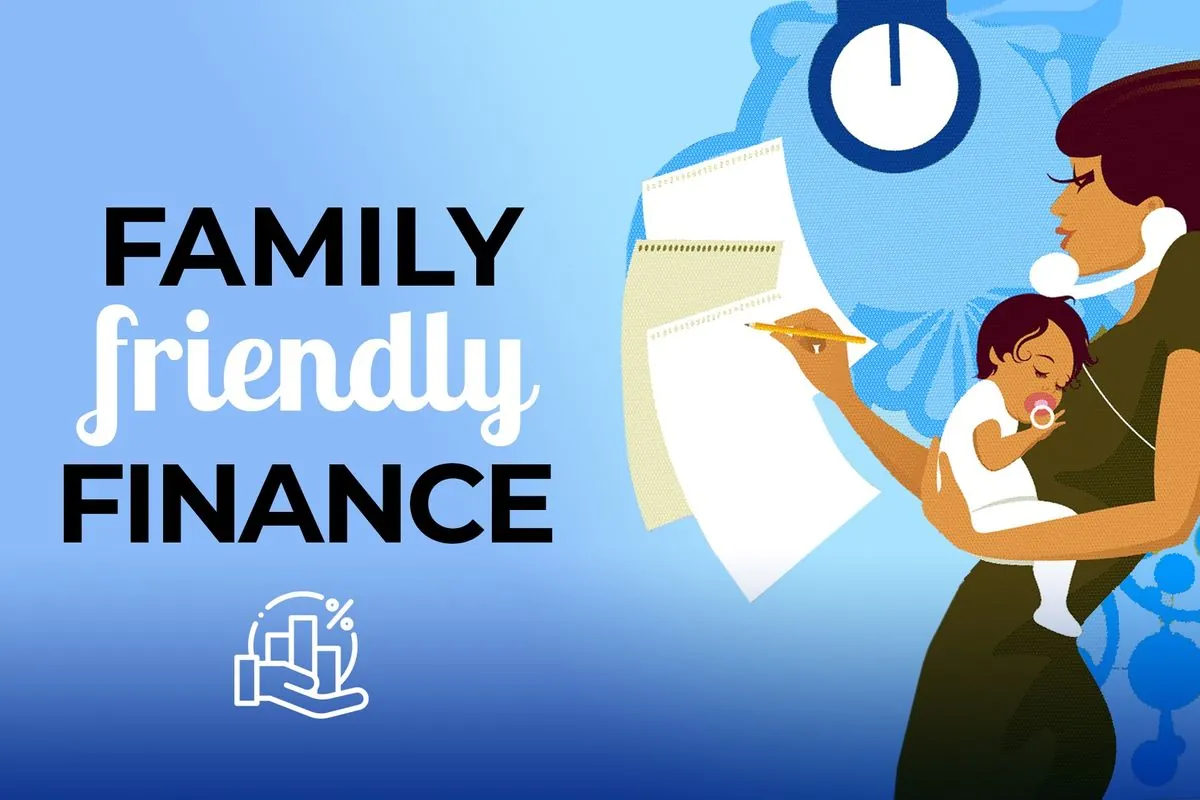UK's Wealthiest Households Face £3,500 Income Drop Amid Economic Shifts
Britain's richest households experienced a significant income decrease, while the poorest saw a slight increase. Government policies and inflation have reshaped income distribution, impacting overall inequality.

Recent data from the Office for National Statistics (ONS) reveals a significant shift in income distribution across British households. The wealthiest 20% of families experienced a substantial decrease in disposable income, while the poorest segment saw a modest increase.
Ashley Webb, an economist at Capital Economics, suggests that the decline in high-income households' earnings may be attributed to underperforming investments. This is because wealthier individuals typically derive a larger portion of their income from non-work sources.
The Gini coefficient, a measure of income inequality, dropped from 35.5% to 33.1%, marking the most significant reduction since 2011. However, this statistic doesn't account for the disproportionate impact of inflation on lower-income families, as basic living costs constitute a larger share of their expenses.
The UK government's fiscal policies have played a crucial role in these income shifts. Income tax thresholds have been frozen since April 2022, a measure introduced by former Chancellor Rishi Sunak and extended until April 2028 by current Chancellor Jeremy Hunt. This policy has led to fiscal drag, pulling more households into higher tax brackets as wages and inflation rise.

Tom Waters of the Institute for Fiscal Studies (IFS) notes that workers felt the most significant impact of these policies in the financial year ending 2024. This was due to the combination of high inflation and the missed opportunity to adjust tax thresholds based on the previous September's inflation rate of 10.1%.
The UK's tax system employs progressive taxation, with five main income tax bands. The highest marginal rate currently stands at 45% for income over £150,000. The Personal Allowance, the amount one can earn before paying income tax, is a key component of this system.
Looking ahead, Paul Dales, chief UK economist at Capital Economics, warns of potential further economic challenges. He anticipates that if Shadow Chancellor Rachel Reeves implements expected tax increases in the upcoming October Budget, it could disproportionately affect higher-income earners.
It's worth noting that the UK government has introduced various cost of living support measures in response to rising inflation. The Bank of England targets a 2% inflation rate to maintain price stability, but in October 2022, inflation peaked at a 41-year high of 11.1%.
The current economic landscape reflects the ongoing impact of the 2008 Great Recession and subsequent policy measures. As the UK navigates these challenges, the interplay between fiscal policy, inflation, and income distribution continues to shape the financial reality for households across the economic spectrum.
"The fall in income among wealthier households combined with the rise among poorer households meant that overall income inequality recorded the biggest drop since 2011."
This complex economic situation underscores the importance of understanding key financial concepts such as disposable income, the Consumer Price Index (CPI), and the intricacies of the UK tax year, which runs from April 6 to April 5 of the following year. As policymakers and economists continue to analyze these trends, British families across all income levels must remain vigilant in managing their finances amidst this evolving economic landscape.


































